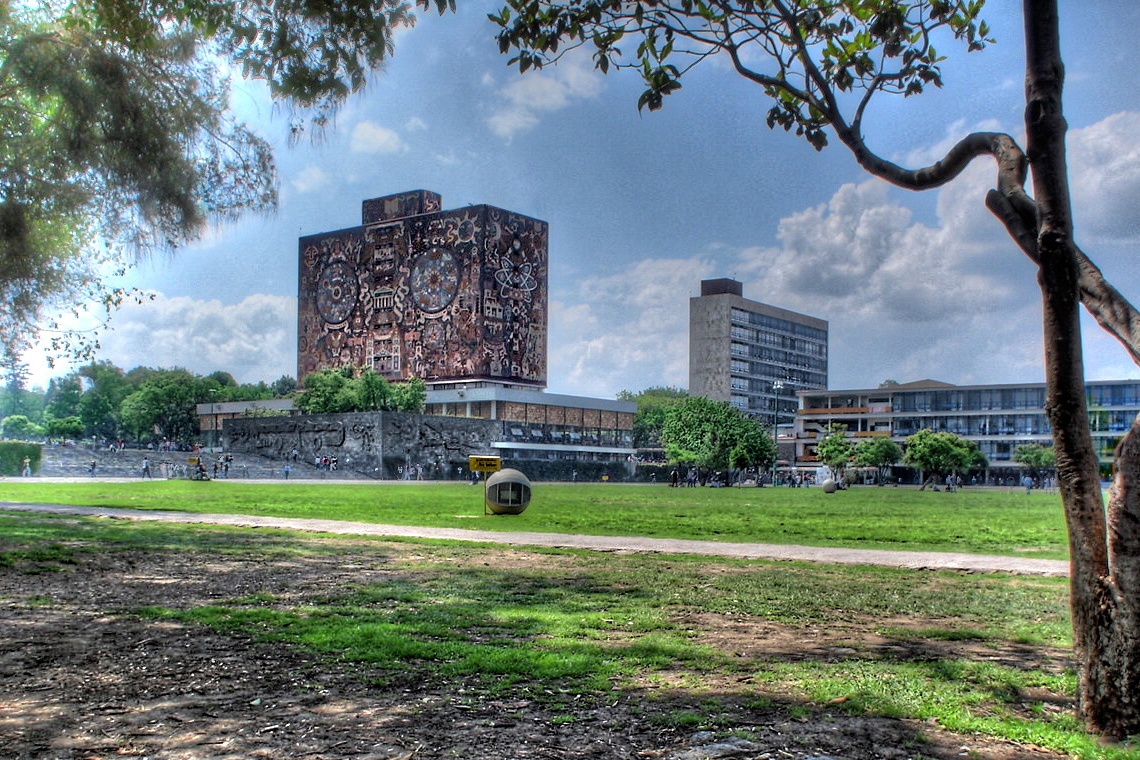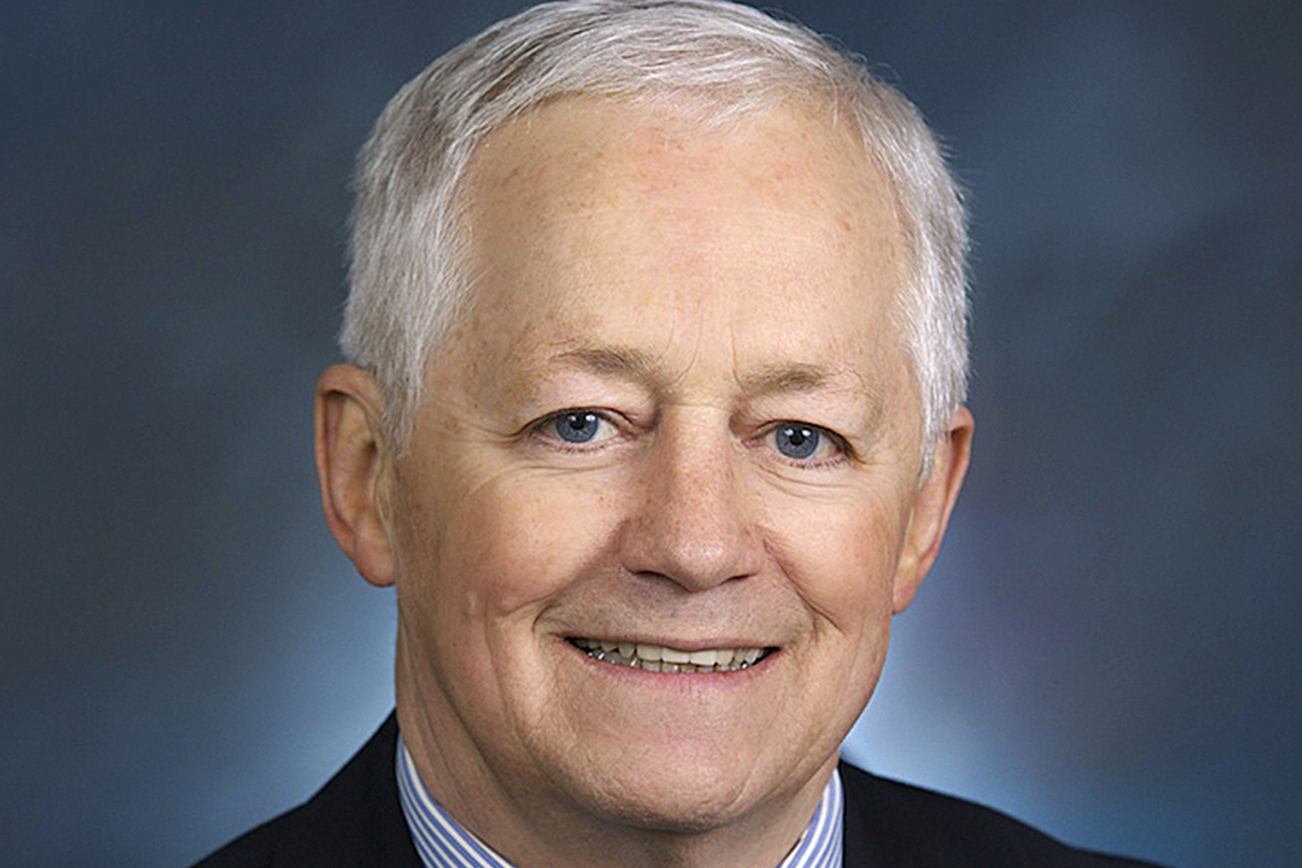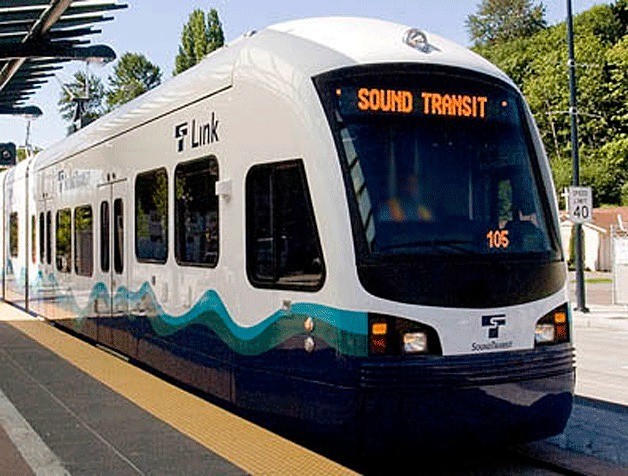Earlier this month, the largest university in Mexico made an offer to 35 American universities: If any of their students or professors are deported to Mexico under President Donald Trump, the National Autonomous University of Mexico (UNAM in Spanish) would try to figure out a way for them to continue their studies in Mexico City.
“UNAM can’t stand on the sidelines during the current conflict,” rector Enrique Graue Wiechers said a couple of weeks ago during an event celebrating the 100th anniversary of the Mexican Constitution, according Mexican media. “That’s why, the university is organizing and taking diverse actions to support one of the most vulnerable groups. The main objective is that deported students can continue with their studies and the country doesn’t lose potential intellectual value.”
Among the universities to receive the offer was the University of Washington, and today officials from UNAM will be in Kirkland to discuss the logistics of such a program. As part of the “Immigration in Uncertain Times” symposium that Northwest University in Kirkland will host Friday, the UNAM officials of Seattle, Chicago, Tucson, San Antonio and Los Angeles will look to make clear what steps the Mexico City-based university will take to make this proposal real.
In a letter to UW, Graue Wiechers requested that UW contact the school if any Mexican students or professors face deportation. The letter says that UNAM is willing to receive these students and professors in its classrooms or put them in contact with other universities where they can continue their studies or find a new academic job.
Another Mexican institution, Universidad Iberoamericana, has offered 1,500 fellowships for deported Mexicans as well.
María Gillman, a long-time UW professor in the Spanish and Portuguese Studies department, praises UNAM’s effort to help deported students. But she adds that the program could be difficult to impliment.
To be admitted at UNAM, Mexicans need to take a competitive exam. For the 2015-2016 academic year, for example, only 11,490 out of 128,519 applicants were admitted—an 8.9 percent . Gillman wonders what the admission process for deported students will look like? Will it allow these deported students to be admitted without taking any exam? How many spots would they receive? If they failed the exam, what will happen with them?
“These are questions that I imagine UNAM will have to think about very seriously,” Gillman says.
Claudia Cárdenas, a UW affiliate professor of Law and the academic assistant of the UNAM Seattle-Center for Mexican Studies, says that these questions are logical but are still unanswered because no case of UW deported students has been registered yet.
“Thankfully, we don’t know what steps we can take right now as nothing has happened yet,” Cárdenas says. “But if something happens, that’s the moment when we will know what to do.”
For 20 years, Gillman has conducted research about how to teach Spanish to students who learned the language at home by speaking it with their relatives but who haven’t received a formal education at an institution. The Spanish language professor is quite concerned about the linguistic barrier deported Mexican students could face if they are reinserted in a Spanish-only academic world.
“These students will need to adjust their linguistic skills if they want to perform at a high academic level and they’ll have to do it in a heritage language—Spanish—and not in the language in which all their skills are strong—English—,” she says. “In the last years, I haven’t seen that the Mexican government has taken any action regarding this topic. And the government doesn’t know what to teach and how to teach Spanish to this population either. That worries me a lot.”
You can click here to register for the Immigration Symposium event.







